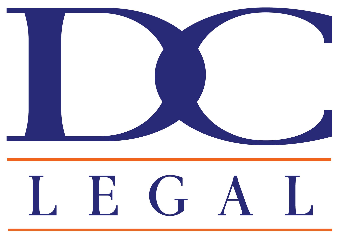Seattle Update: Mortgage Debt Forgiveness Act
Below is a recent article on the status of the Mortgage Debt Relief Program. While the information provided is pretty self-explanatory, we still continue to believe the law will be extended … someday. Without it, foreclosures and bankruptcies would increase dramatically, negatively affecting the masses.
Foreclosures have been dropping dramatically over the past year, but without help from Congress they could begin to rise again. In 2007, Congress passed a tax exemption for mortgage debt forgiveness. This exemption expired at the end of 2013 and has not been extended, as some predicted it would be.
The recent foreclosure crisis was one of the most dire episodes in U.S. housing history, but it could have been even worse had the banks not forgiven billions of dollars in mortgage debt. Much of that was mandated by legal settlements with the federal government and state attorney general. Since 2007, banks have approved approximately 2.8 million short sales, according to Black Knight Financial Services. A short sale is when the home is sold for less than the amount of the mortgage.
There is support in Congress for an extension, as well as among state attorney generals and housing advocates. Several bills are being considered that could extend the tax relief through 2015 or 2016, but with the much broader move to overhaul the entire tax code, they appear to be getting lost in the shuffle.
It is difficult to put an exact number on principal reduction mortgage modifications, but they number in the millions as well. All together, billions of dollars were expunged on paper and not taxed as income, as they would have been prior to 2007. These foreclosure alternatives helped and continue to help bring down the number of homes being lost today.
Loans in the foreclosure process are down nearly 28 percent from a year ago according to Black Knight, but the pipeline — while no longer growing — is still large. More than three million borrowers are behind on their mortgage payments and 1.24 million are in the foreclosure process. Many of those delinquent borrowers could avoid foreclosure through a short sale or principal reduction loan modification.
Even banks and investors could get hurt if borrowers can no longer afford short sales. Short sales have helped to clear much of the distress from the housing market, especially in states where the foreclosure process requires a judge. Those states have huge backlogs of delinquent loans.
“With fewer short sales, you’re going to see longer liquidation timelines, so you’re going to see more full foreclosures and REOs [bank repossessions],” said Sean Nelson of Fitch Ratings. “With longer timelines, you have more costs associated with liquidation of the properties. More costs translates to lower recoveries for investors.”
Have questions regarding the bankruptcy or foreclosure process? Contact one of our Kirkland short sale attorneys.







